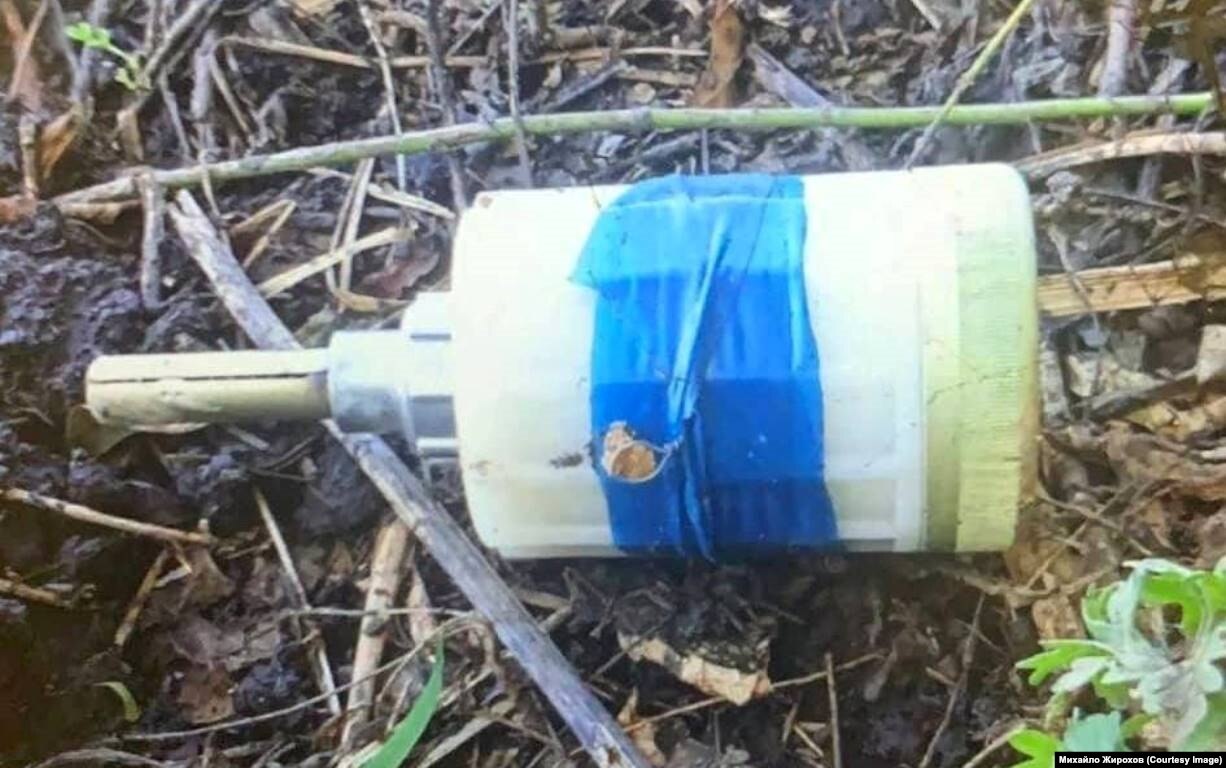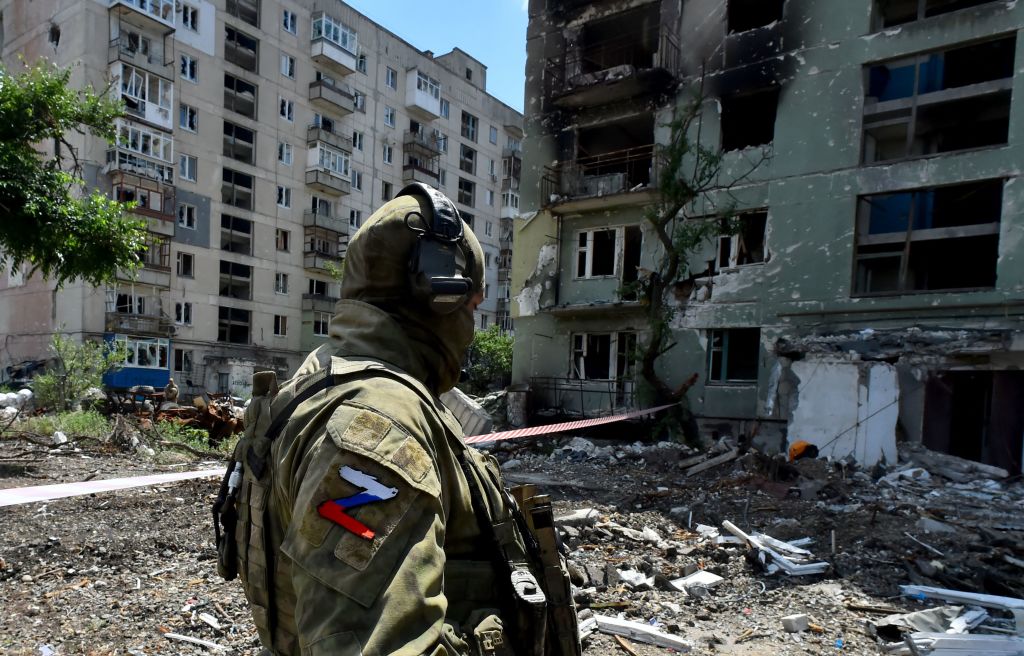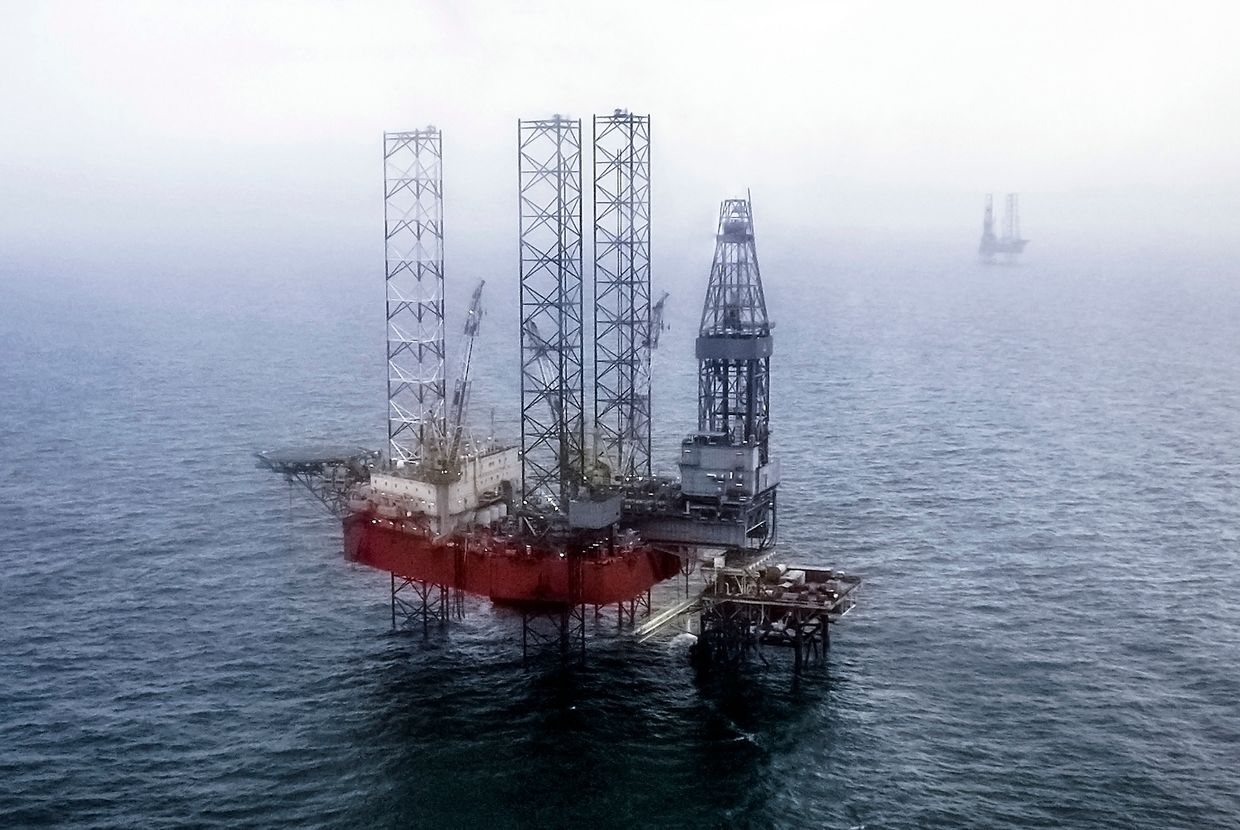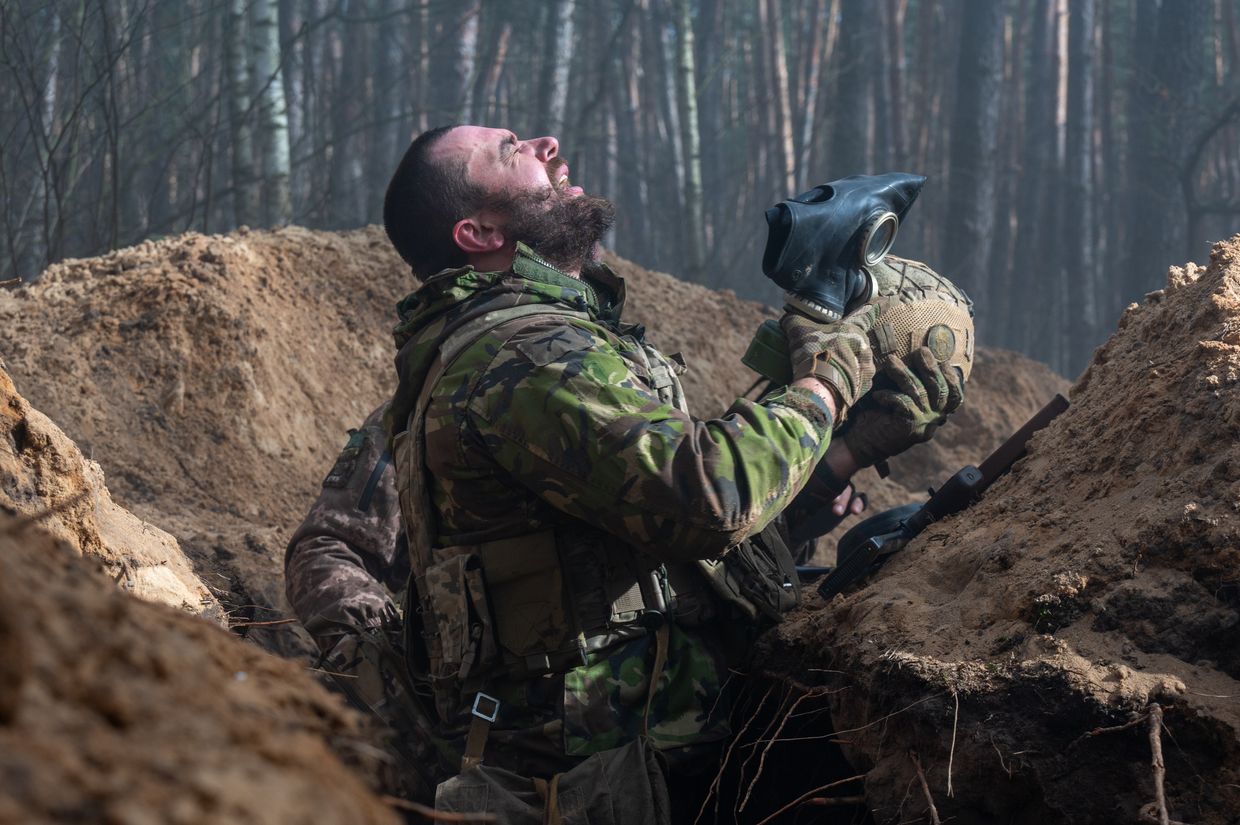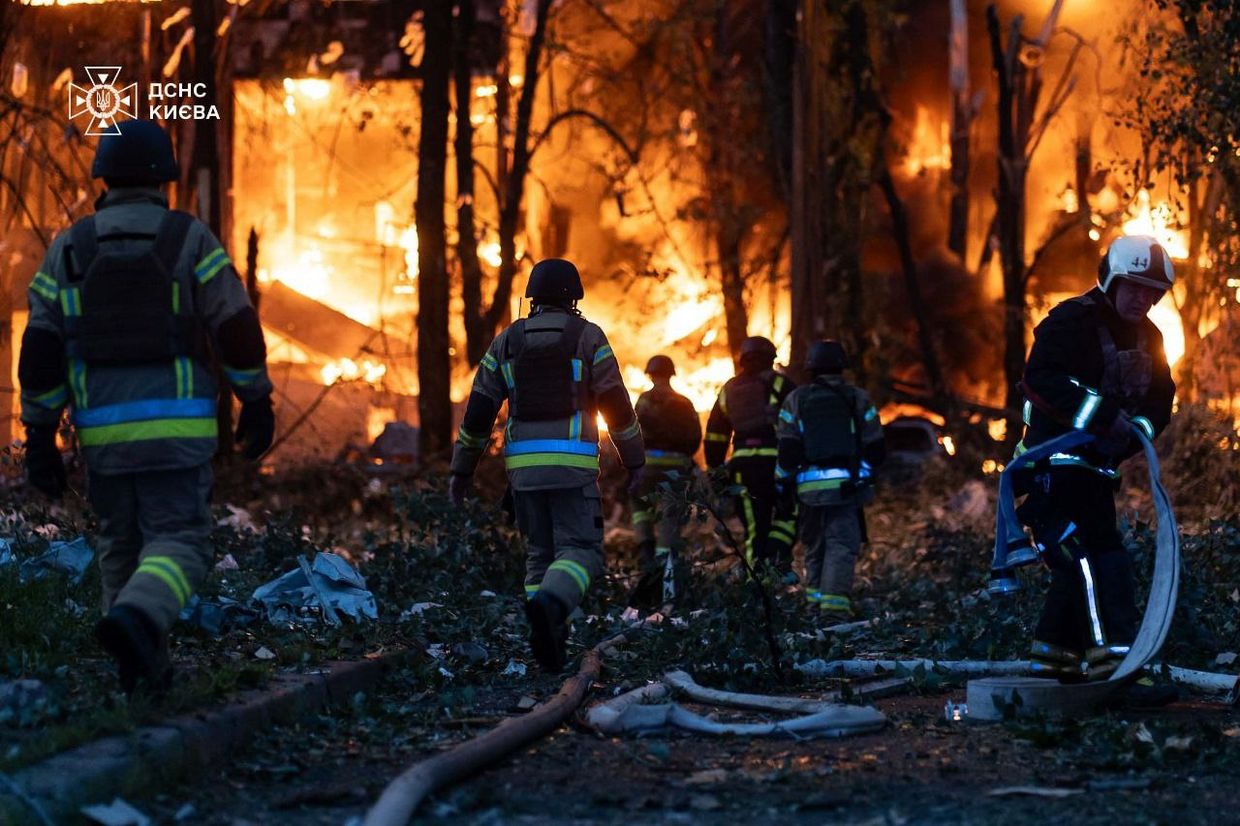Russia’s chemical attacks in Ukraine top 10,000, Kyiv reports
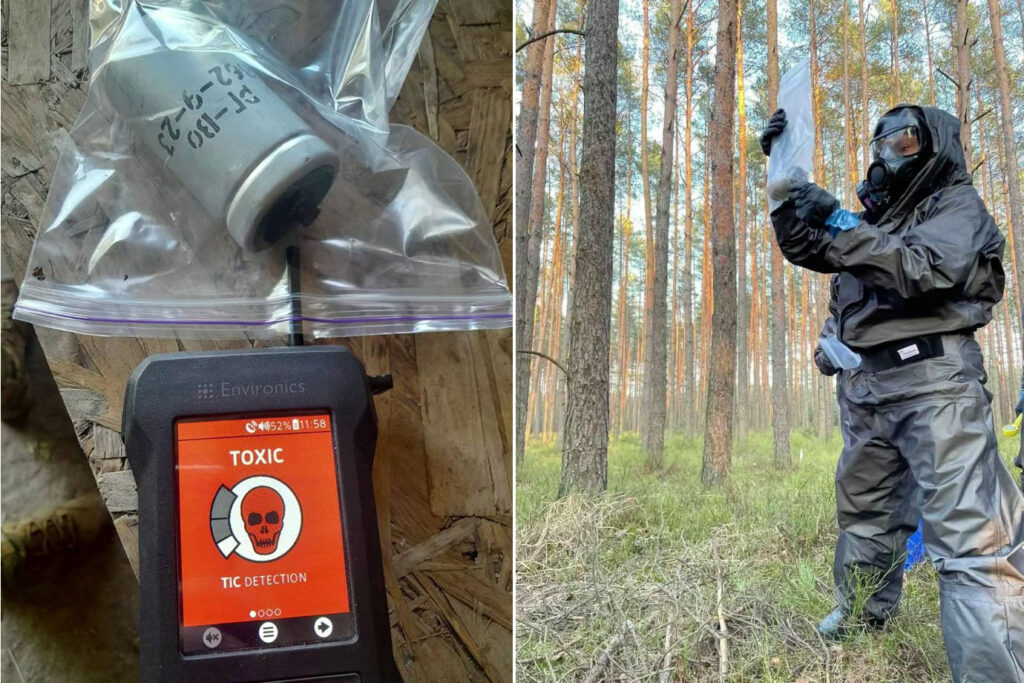
Russia’s chemical attacks in Ukraine have exceeded 10,000 incidents since February 2023, according to Anton Honchar, chief specialist of the Radiation, Chemical and Biological Defense Directorate of Ukraine’s Armed Forces Support Command. Honchar told Ukrainska Pravda that Russian forces began using chemical weapons against Ukrainians as early as 2014–2015.
Ukrainian mobile teams specializing in chemical detection are now deployed across the front, collecting samples of grenades, contaminated gear, and aerosols. These groups work in close coordination with the Security Service of Ukraine (SBU) and Special Operations Forces. Honchar noted that over the past month alone, Ukrainian teams recorded about 760 instances of chemical weapons use by Russian troops.
Banned toxic grenades lead Russia’s battlefield arsenal
According to Honchar, 88% of Russia’s chemical attacks involve hand grenades such as the RG-Vo and K-51, both of which are banned for combat use under the Chemical Weapons Convention (CWC). These grenades are intended for riot control, not military operations, yet Russia reportedly uses them to flush Ukrainian troops out of trenches and bunkers. Kyiv accuses Moscow of violating Article 1, Clause 5 of the CWC, which prohibits the use of toxic chemicals as weapons against enemy forces.
Another widely documented agent is chloropicrin, once used to test gas masks. Now, it’s being weaponized in improvised explosive devices or loaded into containers and dropped from drones.
Evidence collected for international prosecution
Honchar stressed that Ukraine now has the technical ability to gather battlefield samples according to international forensic standards. The Organization for the Prohibition of Chemical Weapons (OPCW) requires strict procedures to validate evidence in court. Ukraine’s field units adhere to these rules, enabling the country to pursue accountability at both the national and international level.
Moscow’s chemical warfare infrastructure exposed
Ukraine accuses Russia of continuing to research, produce, and distribute chemical weapons despite claiming to have destroyed its stockpiles in 2018. The OPCW had been told by Moscow that its inventory was eliminated, yet Ukraine says banned agents are being actively used. One case cited by Honchar involved Russian General Kirillov, head of the Russian Radiation, Chemical, and Biological Defense Troops. According to the SBU, he was responsible for supplying banned grenades to frontline units before being eliminated in December 2024.
Russian units repeatedly implicated in toxic attacks
Russia’s 155th Naval Infantry Brigade has been identified as one of the units most often using chemical weapons. Kyiv says these attacks are concentrated in combat-heavy directions such as Pokrovsk, Kupiansk, and Lyman, where Russian forces attempt to force Ukrainian troops out of fortified positions.
Honchar said Russian forces prefer to use chemical weapons during spring, summer, and autumn due to better evaporation conditions, and mainly during daylight assaults when their ground offensives are most active.

